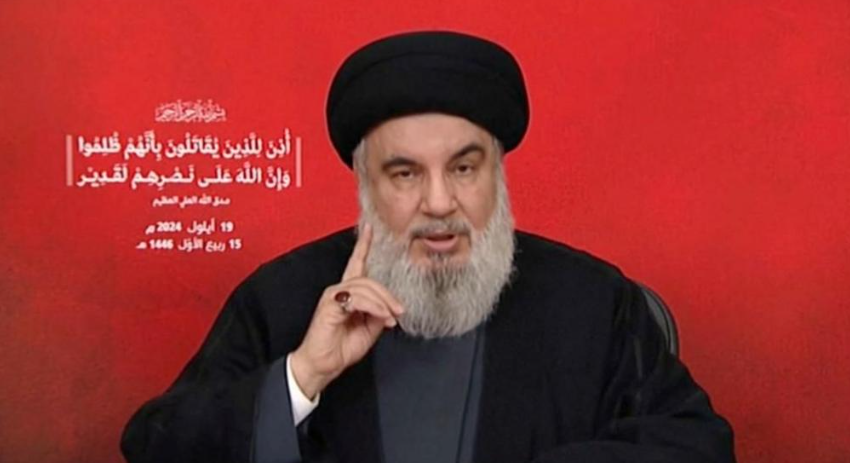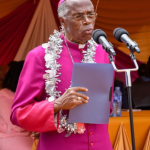The death of Hezbollah’s leader, Hassan Nasrallah, if confirmed, marks a significant development in the region. Nasrallah, who has been at the helm of Hezbollah for over three decades, played a crucial role in shaping the group’s identity and military capabilities, particularly in its long-standing conflict with Israel.
Key aspects of this development include:
1. Air Strikes: Israeli air strikes targeted Beirut on Friday, reportedly hitting Hezbollah’s headquarters in Dahieh, southern Beirut. Nasrallah and several senior leaders of the group were believed to be inside.
2. Hezbollah’s Response: Hezbollah has confirmed Nasrallah’s death and vowed to continue its resistance against Israel, pledging support for Gaza, Palestine, and Lebanon.
3. Implications for the Region: Nasrallah’s leadership has been integral to Hezbollah’s operations, particularly in its conflict with Israel. His death could either intensify Hezbollah’s military response or lead to a period of uncertainty and reorganization within the group.
4. Impact on Israel: For Israel, the elimination of Nasrallah represents a significant military achievement, as he was seen as one of their most formidable opponents.
The ongoing situation, with continued strikes and military responses, suggests that tensions in the region are likely to escalate further in the coming days.
Israel’s recent strike that allegedly killed Hezbollah’s leader, Hassan Nasrallah, marks a pivotal moment in the escalating conflict between Israel and Hezbollah. Following nearly a year of heightened border tensions, Israel appears to have activated a war plan it had been preparing since the end of the 2006 war with Hezbollah, resulting in significant damage to Hezbollah’s infrastructure in Lebanon and Nasrallah’s reported death.
The potential fallout from this event is vast. Hezbollah, backed by Iran, may now face a strategic dilemma: either retaliate with significant force, risking further escalation, or risk a major defeat by not responding robustly. Iran has already condemned the strike, calling it a “war crime,” and other regional actors like Hamas and Iraq have expressed solidarity with Hezbollah, further intensifying the geopolitical stakes.
Hamas, itself embroiled in conflict with Israel, has pledged solidarity with Hezbollah, linking their struggles and suggesting that Hezbollah’s resistance will continue until a ceasefire is achieved in Gaza. Similarly, Iraq and Yemen’s Houthi movement have denounced Israel’s actions, with Iraq declaring a three-day mourning period and accusing Israel of crossing all red lines by killing Nasrallah.
The coming days are critical, as Hezbollah and Iran deliberate their response to this significant blow. The Middle East faces a heightened state of uncertainty, with further escalation a strong possibility, especially given Hezbollah’s longstanding commitment to opposing Israeli military actions.



